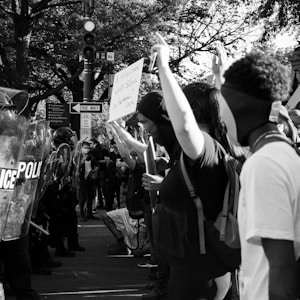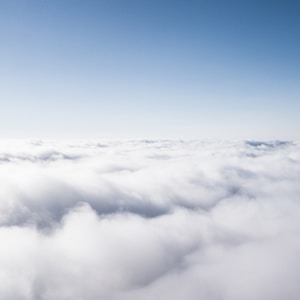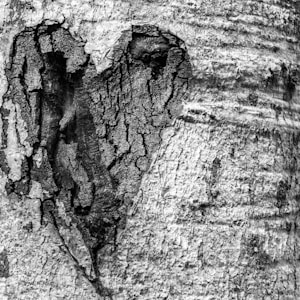

Environmental Justice Community Lawyering Fellowship
Read About the Fellowship Here!
Take a deep breath and fill your lungs with air.
Notice how it feels to breathe deeply.
Now, stop breathing hold your breath.
How does that feel?
On average, a human being inhales between 18,000 and 20,000 breaths per day, totaling an average of 5,000 gallons of air. We can go weeks without food, days without water, hours without heat (in extreme cold) but only minutes without air. The full importance of breathing cannot be expressed by these simple facts.
We must breathe every minute of our lives, and the air we exhale is inhaled by the bodies and organisms around us. Indeed, every breath of air we take and share is an affirmation of our connection with all living things and to each other. But, instead of obliging us to live in kinship with each other, breathing air has become a symbol of racial and economic division in this nation.
“I can’t breathe,” stands as a rallying and unifying cry against the violent and pervasive effects of structural racism inherent in the criminal justice system, environmental laws, and the healthcare system. For decades, hundreds of low-income, black, and brown communities have been unable to breathe.
Without breath we cannot speak, for air is the force behind our voice. There is a reason that air is not fiercely protected for all, and breathing clean air is something that too many of us take for granted every moment.
Last February 2020, we hosted a symposium on air quality and environmental justice that brought together activists, lawyers, and experts to discuss innovative legal and policy solutions to key air quality issues affecting frontline communities. And earlier this year, we hosted a symposium on water infrastructure, equity, and environmental justice to discuss legal and policy solutions to the discriminatory impacts of water infrastructure.
As a Program, we need to do more to advance racial equity and combat environmental racism, which is why we recently created the “PEEL Environmental Justice Community Lawyering Fellowship.” The Fellowship aims to energize the next generation of AUWCL community lawyers to identify equitable solutions to pressing environmental challenges that disproportionately impact low-income communities and communities of color. This summer, the first two PEEL EJ Fellows will receive a $3,000 stipend to work with a partnering environmental justice organization.
It is our dream and intention to grow this Fellowship, so we can offer this opportunity to multiple students each summer. Please consider giving any amount to this Fellowship by making a donation now. Every contribution counts.
Thank you for your past, current, and continued support.
In Community and with Gratitude,
Co-Directors Professor Bill Snape and Amanda Leiter, Professors David Hunter, and Program Coordinator Ingrid Lesemann
2020-2021 Program Brochure
Copyright © 2019 - Proudly built with Strikingly



































